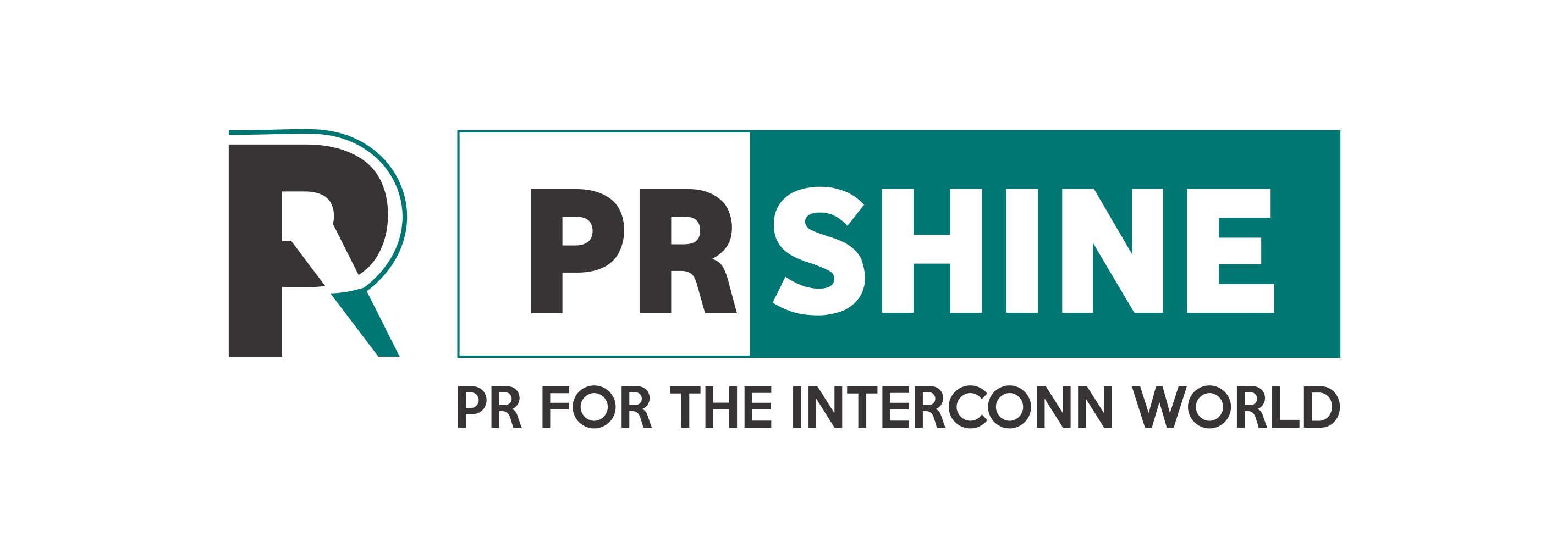Expert Guidance for FRS 103 Compliance
FRS 103 is a Financial Reporting Standard specifically tailored for insurance contracts. It outlines the principles for recognising, measuring, presenting, and disclosing insurance contracts in financial statements.

In Leeds' vibrant business landscape, insurance companies must navigate complex regulatory requirements to maintain compliance and ensure accurate financial reporting. One such regulation is FRS 103, which governs insurance contracts and requires precise implementation and ongoing management. To achieve compliance, many businesses turn to expert consultancy services that offer specialised guidance and support.
Understanding FRS 103
FRS 103 is a Financial Reporting Standard specifically tailored for insurance contracts. It sets out the principles for recognising, measuring, presenting, and disclosing insurance contracts in financial statements. The standard aims to ensure that the financial statements of insurers reflect their financial position and performance accurately, providing stakeholders with clear and reliable information.
Key Components of FRS 103
FRS 103 encompasses several key components that insurers must adhere to:
1. Recognition and Measurement
Insurers must recognise insurance contracts as financial liabilities or assets. The measurement of these contracts should reflect the present value of expected future cash flows, including premiums, claims, and expenses.
2. Disclosure Requirements
FRS 103 mandates detailed disclosures to provide users of financial statements with a clear understanding of the insurer’s financial position. This includes information on the nature and extent of risks arising from insurance contracts.
3. Presentation
The standard prescribes the presentation of insurance contract liabilities and assets, ensuring they are appropriately classified and presented in the financial statements.
4. Transition and Effective Date
FRS 103 includes guidance on transitioning to the standard, including restating comparative information and adjusting opening balances.
Challenges of FRS 103 Compliance
Complying with FRS 103 can be challenging for insurance companies due to the complexity of the standard and the detailed requirements it imposes. Common challenges include:
1. Complex Calculations
Accurately measuring insurance contract liabilities and assets involves complex actuarial calculations and financial modelling. This requires specialised knowledge and expertise.
2. Detailed Disclosures
Preparing comprehensive disclosures that meet the requirements of FRS 103 can be time-consuming and resource-intensive. Insurers must ensure that their disclosures are clear, complete, and compliant.
3. System Integration
Integrating FRS 103 requirements into existing accounting and reporting systems can be challenging. Insurers may need to update their systems and processes to accommodate the new standard.
4. Continuous Updates
FRS 103 compliance is an ongoing process that requires continuous monitoring and updates. Insurers must stay informed about changes to the standard and ensure their practices remain compliant.
Benefits of Expert Guidance for FRS 103 Compliance
To navigate the complexities of FRS 103, many insurance companies in Leeds seek expert guidance from specialised consultancy firms. Here are some benefits of partnering with experts:
1. Access to Specialised Knowledge
Expert consultants possess in-depth knowledge of FRS 103 and its application. They can provide tailored advice and support, ensuring accurate and compliant implementation.
2. Efficient Compliance
Consultants help streamline the compliance process, reducing the time and resources required to achieve and maintain compliance. This allows insurers to focus on their core business activities.
3. Comprehensive Disclosures
Experts assist in preparing detailed and compliant disclosures, ensuring that all relevant information is accurately presented in the financial statements.
4. Ongoing Support
Consultancy firms offer ongoing support to help insurers stay compliant with FRS 103. This includes updates on regulatory changes, continuous monitoring, and periodic reviews.
Choosing the Right Consultancy Partner
Selecting the right consultancy partner is crucial for achieving successful FRS 103 compliance. Insights UK Management Consultancy Firm offers comprehensive FRS 103 Insurance Contracts services designed to meet the unique needs of insurance companies in Leeds. Their team of qualified professionals provides end-to-end solutions, ensuring accurate and efficient compliance with FRS 103.
Implementing FRS 103 Compliance Services
The process of implementing FRS 103 compliance services typically involves several key steps:
1. Initial Assessment
During the initial assessment, the consultancy firm evaluates the insurer’s current accounting practices and identifies areas that require adjustment to comply with FRS 103.
2. Customised Solutions
Based on the assessment, the consultancy firm develops customised solutions tailored to the insurer’s needs. This includes designing compliant accounting processes, preparing detailed disclosures, and integrating necessary system updates.
3. Implementation
The implementation phase involves transitioning to FRS 103 compliant practices. This may include adjusting financial statements, updating actuarial models, and ensuring accurate measurement and recognition of insurance contracts.
4. Ongoing Support
Once the implementation is complete, the consultancy firm provides ongoing support to ensure continuous compliance. This includes monitoring regulatory changes, conducting periodic reviews, and providing updates as needed.
Conclusion
Achieving FRS 103 compliance is essential for insurance companies in Leeds to ensure accurate financial reporting and maintain stakeholder confidence. By partnering with expert consultancy firms like Insights UK, insurers can navigate the complexities of FRS 103 with ease and efficiency. Expert guidance ensures accurate implementation, comprehensive disclosures, and ongoing compliance, enabling insurance companies to focus on their core business activities and drive growth.


 king12
king12 









